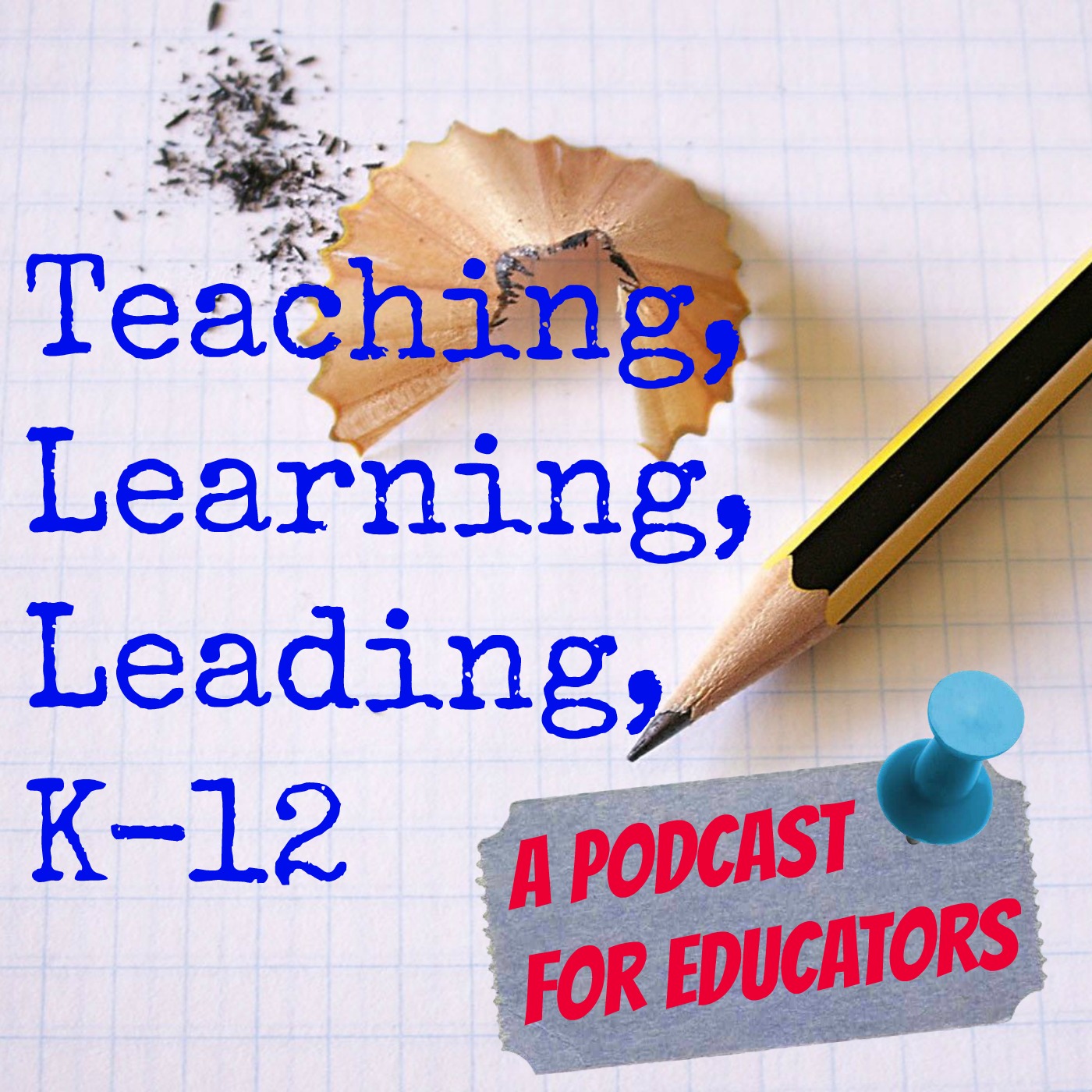Episodes
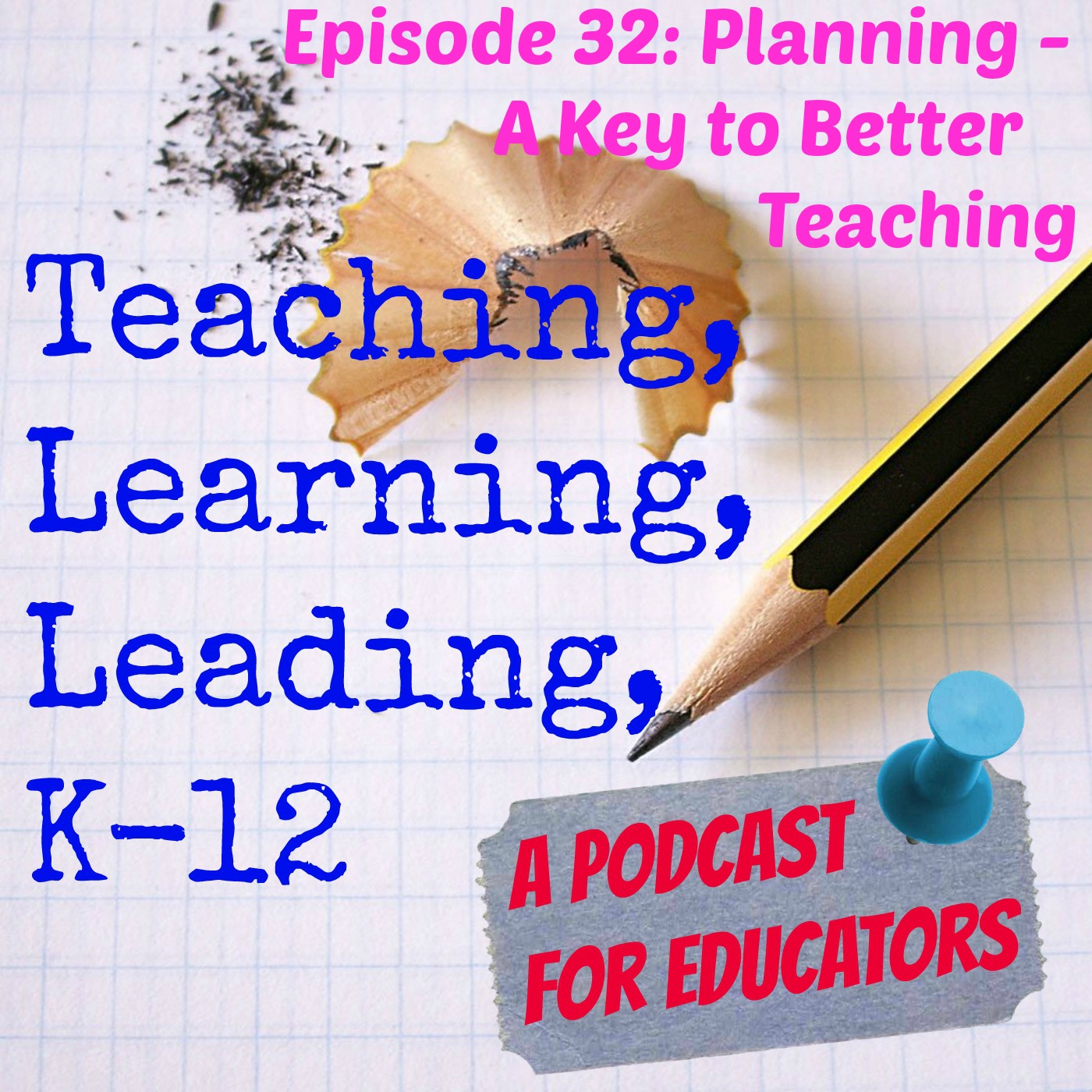
Monday Sep 08, 2014
Episode 32: Planning-A Key to Better Teaching
Monday Sep 08, 2014
Monday Sep 08, 2014
Benjamin Franklin is credited with saying, “If you fail to plan, you are planning to fail.”
This is so true in every facet of our lives and especially in the world of teaching.
Too often colleagues will act as if no planning is necessary. They will fly by the seat of their pants…...doing whatever hits them at the moment. This is a terrible way to work with kids. The better teacher needs to take time to purposefully plan and the best plan is developed with the big idea in mind.
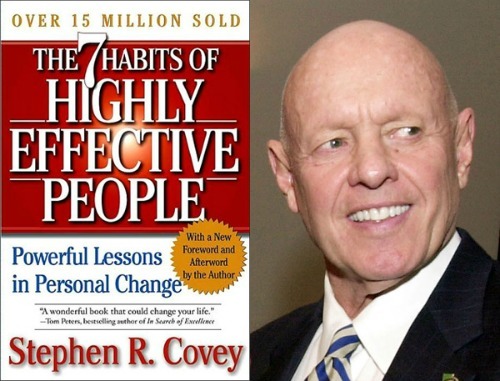
As Stephen Covey said, “Start with the end in mind.” What is it that you want the kids to know? To get to this takes time to develop unit plans that are used to guide the teacher in working with the kids. These plans should contain at least the following six elements:
1. Essential Question (What is the point/purpose of this unit?)
2. Content Vocabulary (What words are necessary for understanding the subject?)
3. Formative Assessment (How do you know that the kids understand or get it?)
4. Engagement (What activities will you use to engage the kids in the lessons?)
5. Connections (How will you connect the topic to the real world?)
6. Use of Time (Are there any special considerations?)
It takes time to create lessons that engage kids and move them to learn and grow academically. The better teacher understands that planning and preparing leads to success in the classroom.
Bear Bryant once said, “It’s not the will to win that matters-everyone has that. It’s the will to prepare to win that matters.”

Some excellent resources for developing plans and understanding why you should plan with the end in mind have been developed by Grant Wiggins and Jay McTighe in Understanding By Design and Essential Questions.


(Grant Wiggins and Jay McTighe)

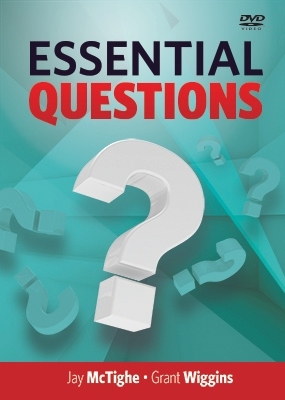
Here is a link to an overview of UbD at grantwiggins.org
Here is a link to an overview of UbD at JayMctighe.com
Here are links to YouTube clips of Grant Wiggins and Jay McTighe explaining Understanding By Design.
Here is a link to the excerpt from Ferris Bueller’s Day Off
Example of a Frayer Model for learning words...
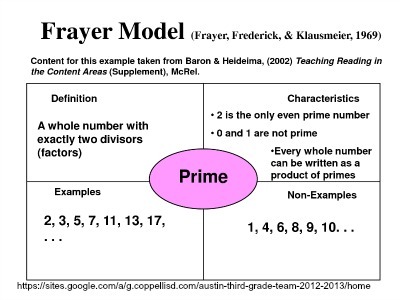
Example of a Unit Plan
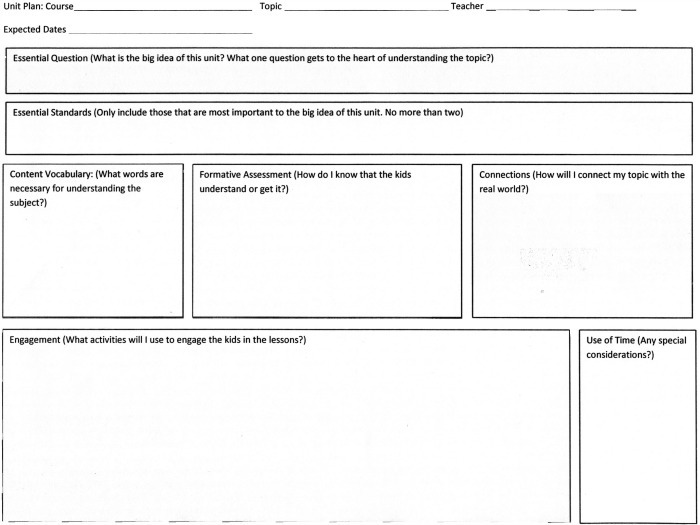
Time to start planning…
Enjoy!
Length 35:09
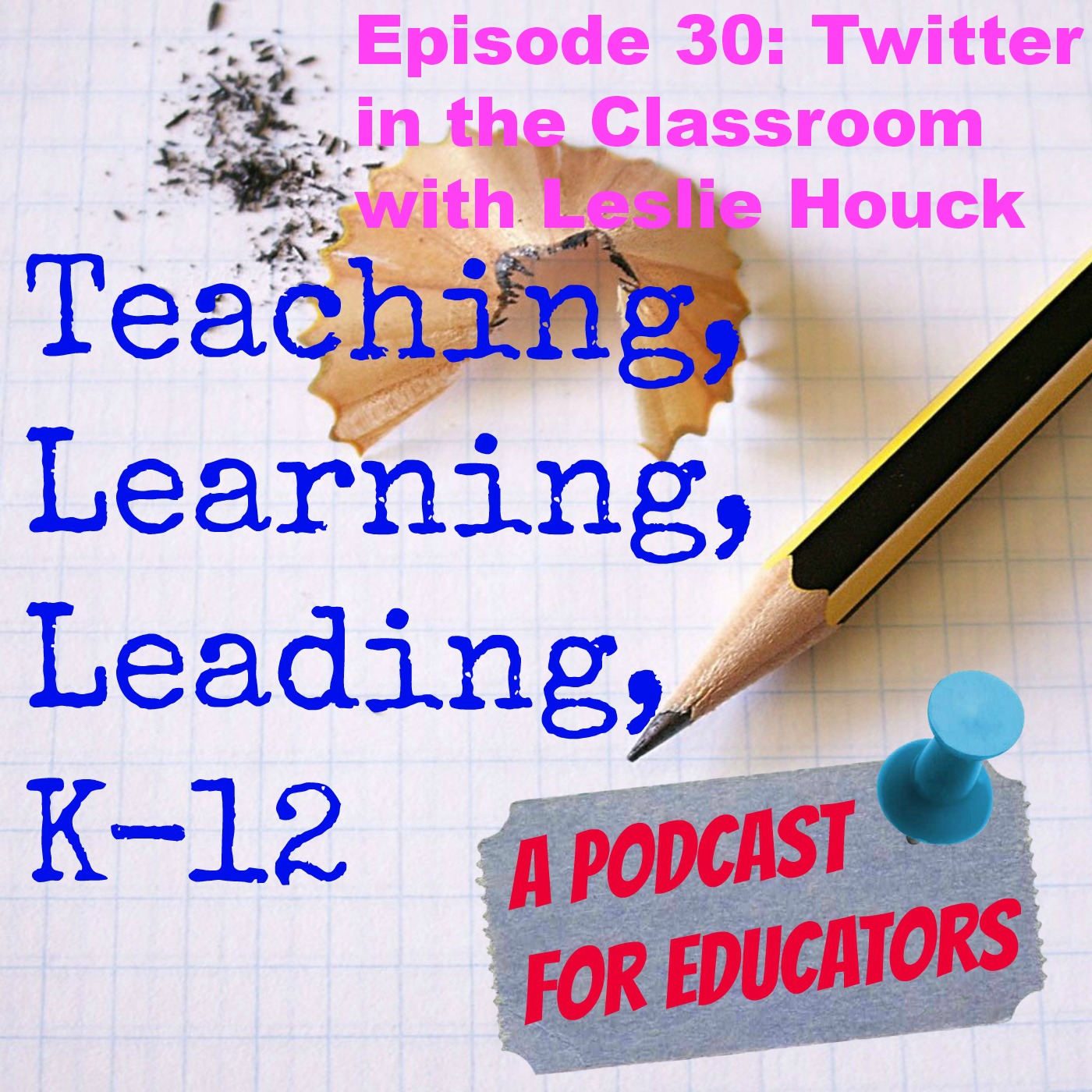
Wednesday Aug 13, 2014
Episode 30: Twitter in the Classroom with Leslie Houck
Wednesday Aug 13, 2014
Wednesday Aug 13, 2014
![]()
Like most people I taught myself how to do Twitter… but I wanted to make sure that I did it right! I had the chance to take a class titled Twitter 101 and many of my questions were answered.
Leslie Houck is a Social Media Specialist with the Georgia Department of Education who has a background in communication and journalism and says , “I kind of fell into social media as a job.”
Leslie gives advice for educators who might be afraid of using Twitter primarily because they only hear about the bad situations that have happened.

Leslie comments that Digital Citizenship 101 should be taught in every class to all kids and to the staff. She noted that New York City Schools, Facebook, and Edutopia have recently released examples of these guidelines for schools to use.
No matter what, she emphasizes that it is important to “be smart with our on-line reputation.” Make sure that you pay extra close attention to this part of the interview as she makes many points that help to address the use of social media in the classroom and as a professional educator.
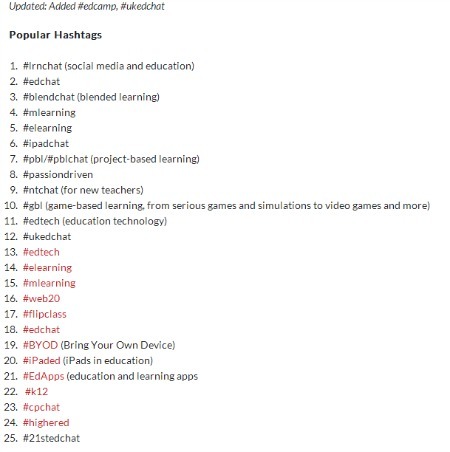
We also talk about Twitter etiquette, RTs, MTs, follows, Favoriting, the restriction of 140 characters, creating a handle, the list function, and of course the # Hashtag!

I thoroughly enjoyed the opportunity to learn about Twitter from Leslie and I know you will, too!
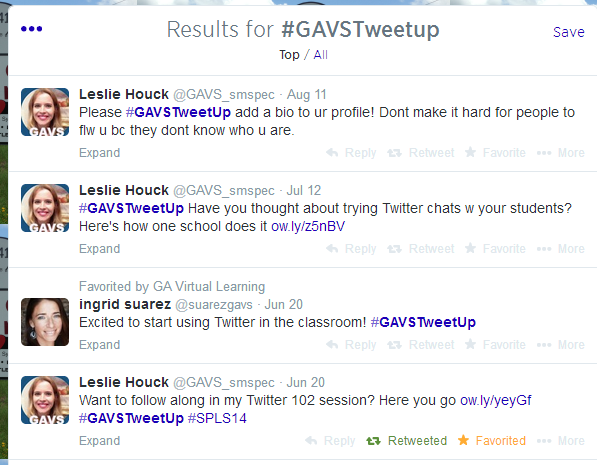
Check out the links below to some of the resources she referenced.
Enjoy!
Length 55:58
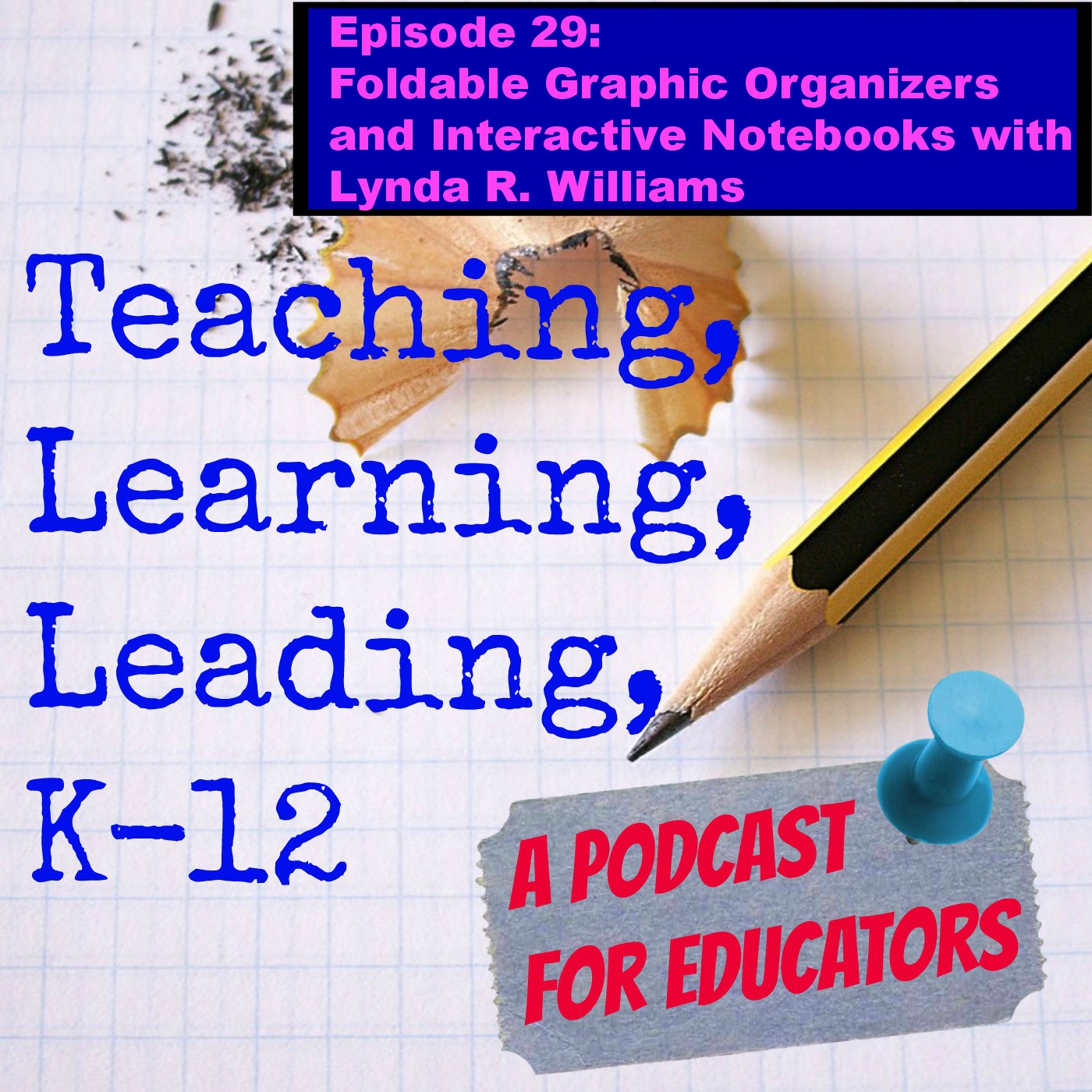
Wednesday Aug 06, 2014
Episode 29: Foldable Graphic Organizers and Interactive Notebooks with Lynda R. Williams
Wednesday Aug 06, 2014
Wednesday Aug 06, 2014

Lynda Williams started teaching elementary school and now teaches beginning teachers at Utah Valley University. She has been in education for 28 years. She specializes in how to teach science.
I think that you will really enjoy this very practical and user friendly episode. It is filled with ideas for challenging your students to expand their understanding of the content through the use of foldable graphic organizers and interactive notebooks.
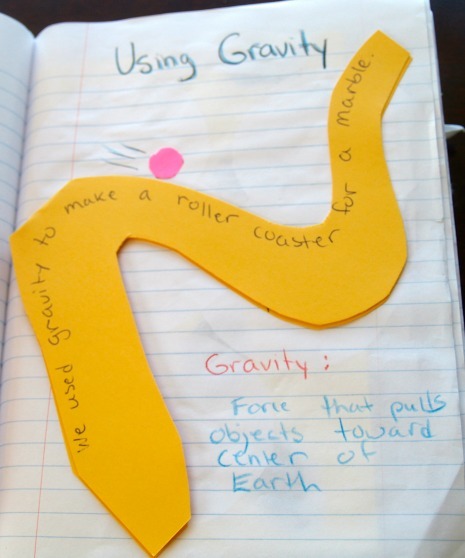
Lynda explains what foldable graphic organizers and interactive notebooks are and describes how to use them. She talks about why teachers should want to use them and how they can help the kids with retention. Lynda states, “The notebook gives the kids a chance to process an idea in writing…it is great for explaining and recording information visually and linguistically.” She notes that kids and students of all ages enjoy using the organizers and the notebook, even her adults in college.

Creating the notebooks is engaging and retention of content information is increased but there are other benefits. Lynda reflected, “ A couple of side benefits of using these resources is that the notebook makes an awesome study guide and the students have created a portfolio of their work.”

Lynda suggests that teachers who are experimenting with the organizers and notebooks should model frequently and keep their instructions clear.
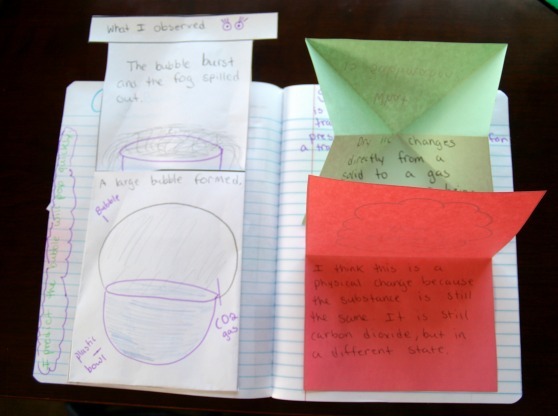
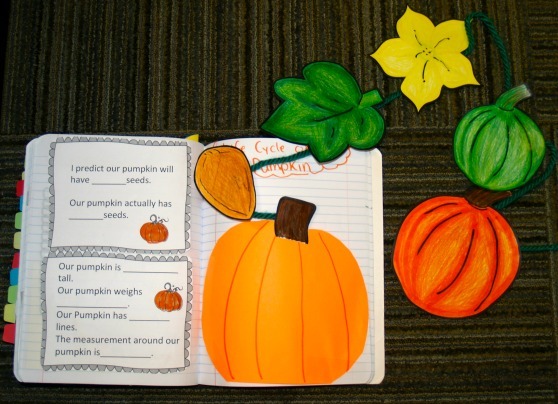
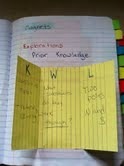
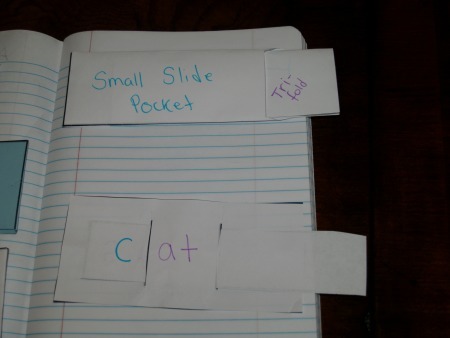
Lynda has an amazing blog, posts on Twitter, has very helpful boards on Pinterest, and has a store at Teachers pay Teachers. See the links below. I hope that you will take the time to check out her many resources.
Lynda's Teachers Pay Teachers Store
Teaching Learning Leading K12/ Lynda's Guest Blog
Enjoy the Show!
Length 35:11
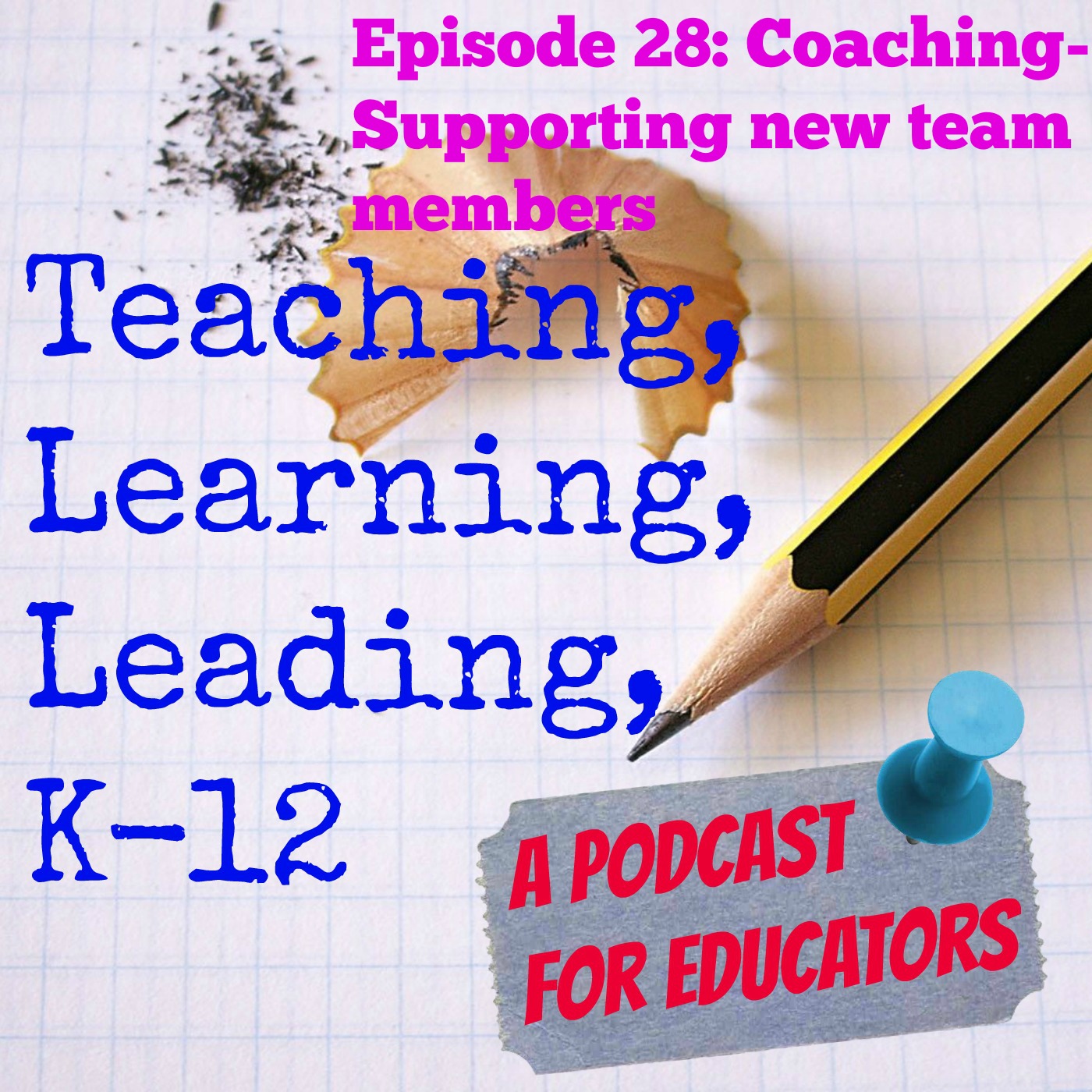
Thursday Jul 24, 2014
Episode 28: Coaching-Supporting New Team Members
Thursday Jul 24, 2014
Thursday Jul 24, 2014

Every organization should have a way to support new staff members.
Induction programs are great but they are just one part of supporting new staff.
Everyone needs a coach.
It can’t be left to chance.

In this podcast I talk about the #1 reason for having a coaching program and the 5 components the coaching program should address.

I discuss why most coaching programs in schools fail and what can be done to make them work.
I hope that you will listen and take a look at your school. Do you have a program for coaching your new teachers or other staff? How about at the system level? Do you have a program in place where coaches work with your principals and others throughout the district? If not, why not? If not then get started! A good coaching program will help you keep good…no... great staff members!!!

As always, I hope that you will share with family, friends, and colleagues.
Here are links to articles that I talked about in the show.
Shaping School Culture: The Heart of Leadership by Terrence E. Deal and Kent Petterson
Making Sense of Social Networks in Schools by Terrence E. Deal
Get the Most Out of Executive Coaching by Steven Berglas
So What is Executive Coaching by Dr. Woody
The Coaching of Teaching by Bruce Joyce and Beverly Showers
Teaching How to Teach: Coaching Tips from a Former Principal by Shane Safir
In Search of a Metaphor for Coaching by Elena Aguilar
Enjoy!
Length 36:30
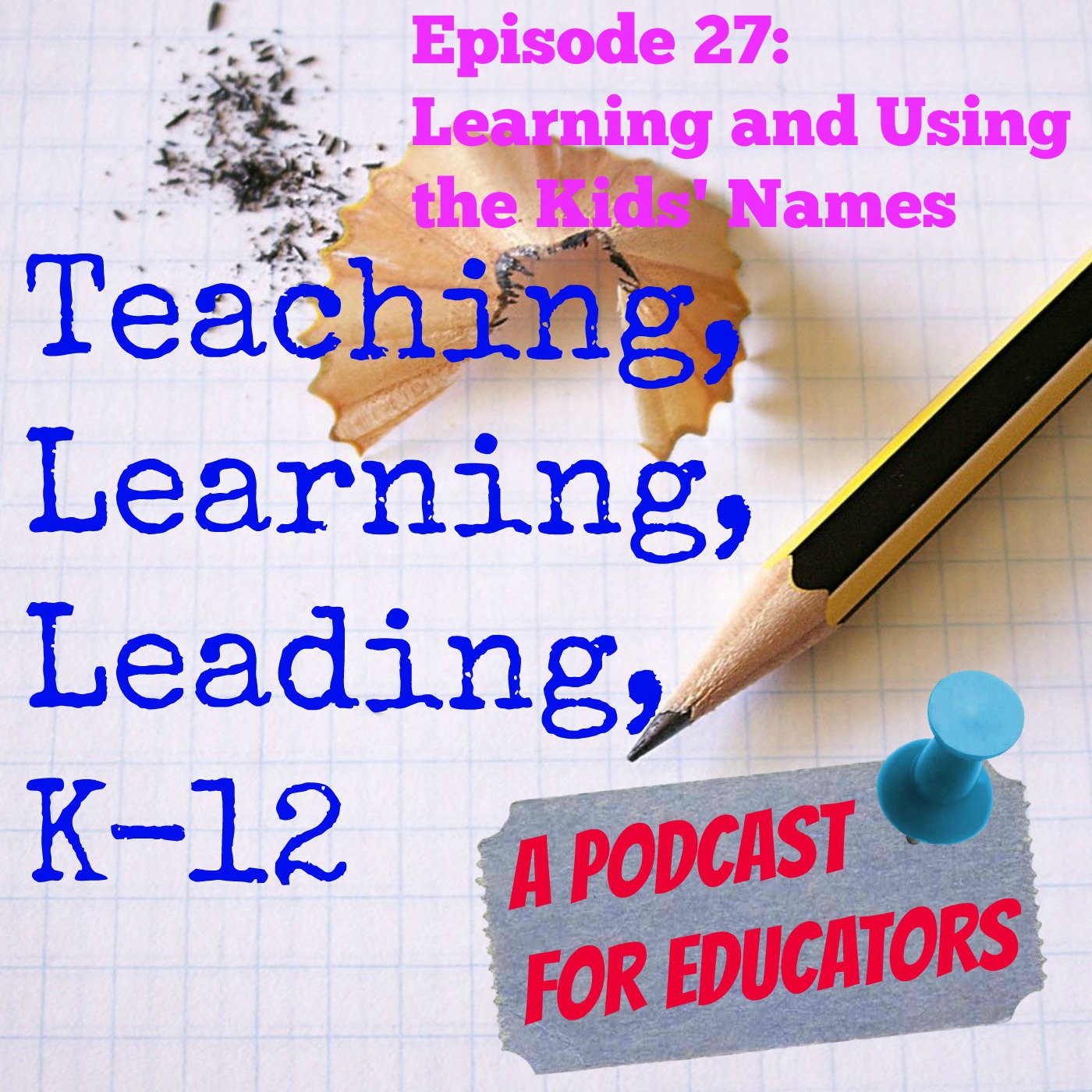
Monday Jul 14, 2014
Episode 27: Teaching Tip/ Learning the Kids' Names
Monday Jul 14, 2014
Monday Jul 14, 2014
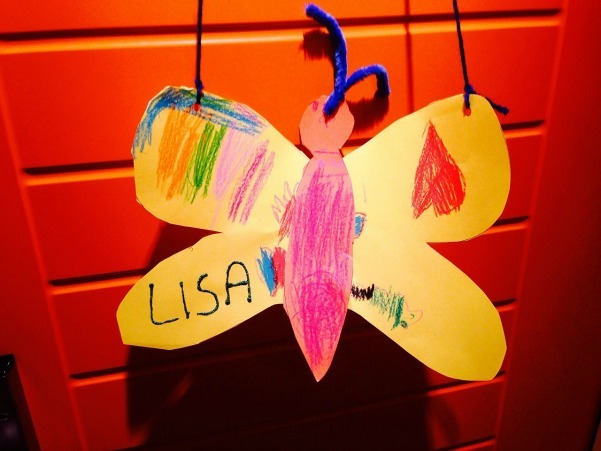
It is extremely important that the classroom teacher get to know and use the names of the kids.
The children need to know that you know who they are.
The better teacher has strategies for doing this as soon as possible. Whether it is the beginning of a new semester or school year, the better teacher takes time to learn and use the names of the kids.
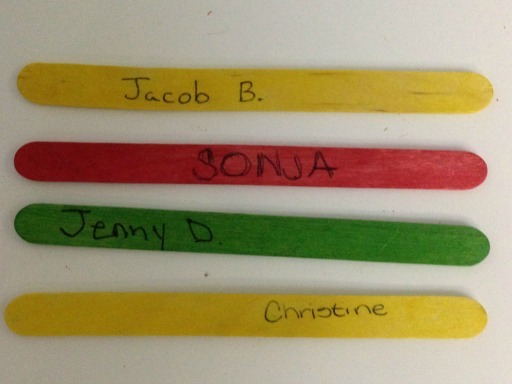
Today, instead of an interview...it’s just me talking about getting to know and use the names of the kids.
What ways do you have for learning and using the names of the kids?
Please share them with me. I would love to hear your ideas about this.

Take care.
Enjoy!
Here are the links to the works by Deborah Meier.
The Power of Their Ideas by Deborah Meier
In Schools We Trust by Deborah Meier
Length 22:53

